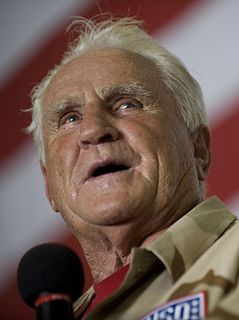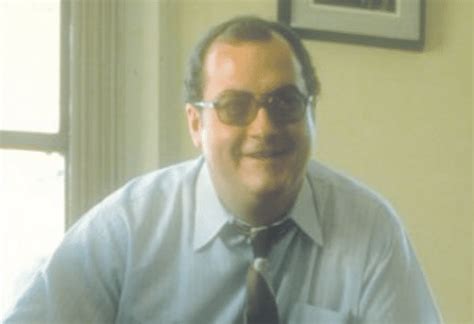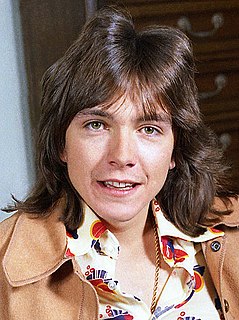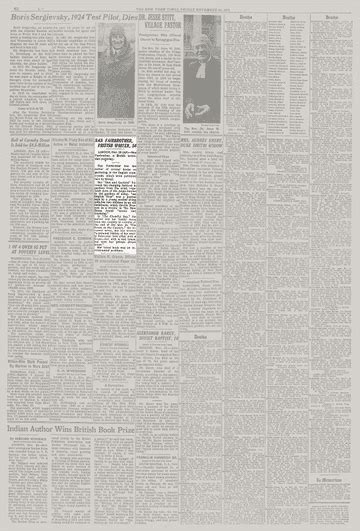A Quote by Don Shula
What I learned from that loss, and also another loss that I'm going to talk about later, was that when you're there, it's not good enough to be there, when you're there, you better walk away with that ring.
Related Quotes
When you go through hell, your own personal hell, and you have lost - loss of fame, loss of money, loss of career, loss of family, loss of love, loss of your own identity that I experienced in my own life - and you've been able to face the demons that have haunted you... I appreciate everything that I have.
The compensations of calamity are made apparent to the understanding also, after long intervals of time. A fever, a mutilation, a cruel disappointment, a loss of wealth, a loss of friends, seems at the moment unpaid loss, and unpayable. But the sure years reveal the deep remedial force that underlies all facts.
when people go away, or when we leave the places we love, or something we treasure goes out of our life - I have always noticed that before it happens - this leaving, this parting - when we think about it beforehand we are overwhelmed with sadness at the loss to come. ... the most unbearable sense of loss, the worst homesickness of all, so I have found, is this loss and sickness we feel beforehand, before we ever leave home.






































